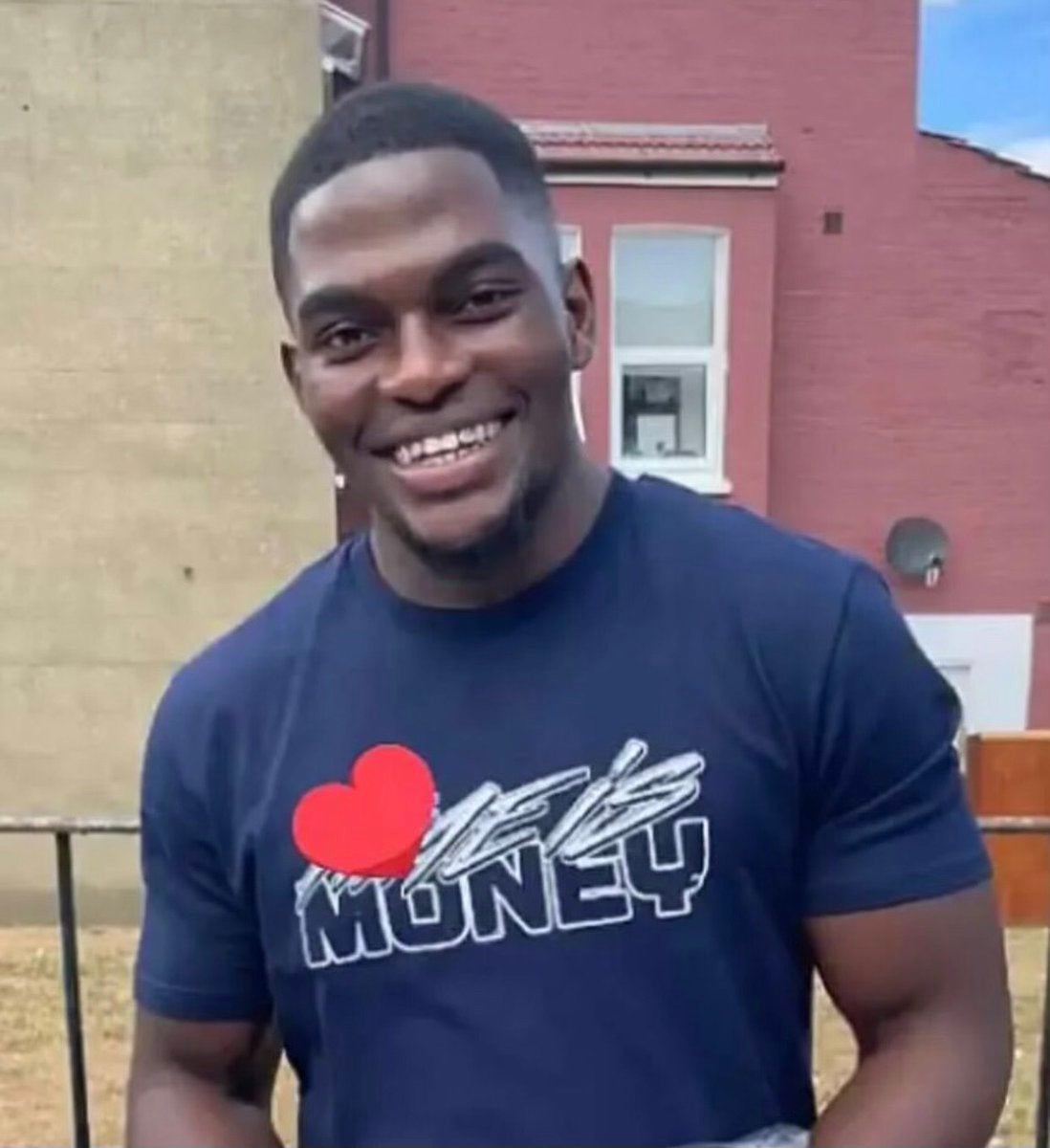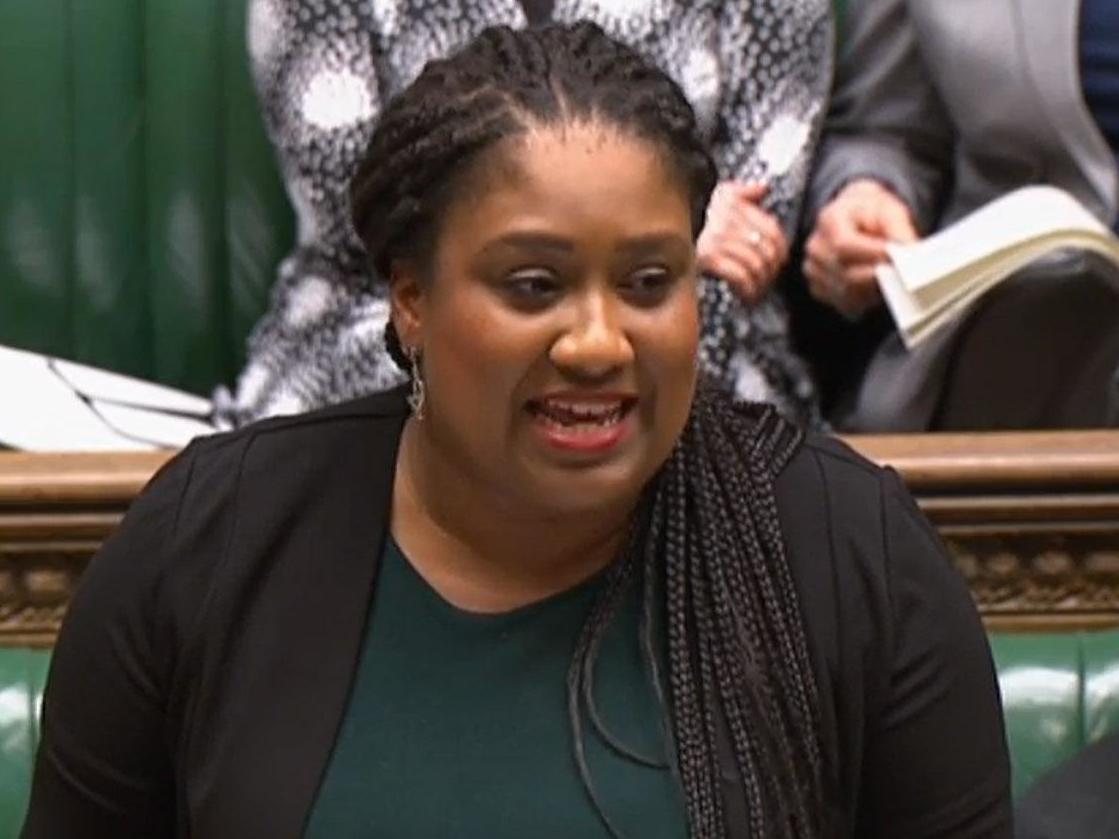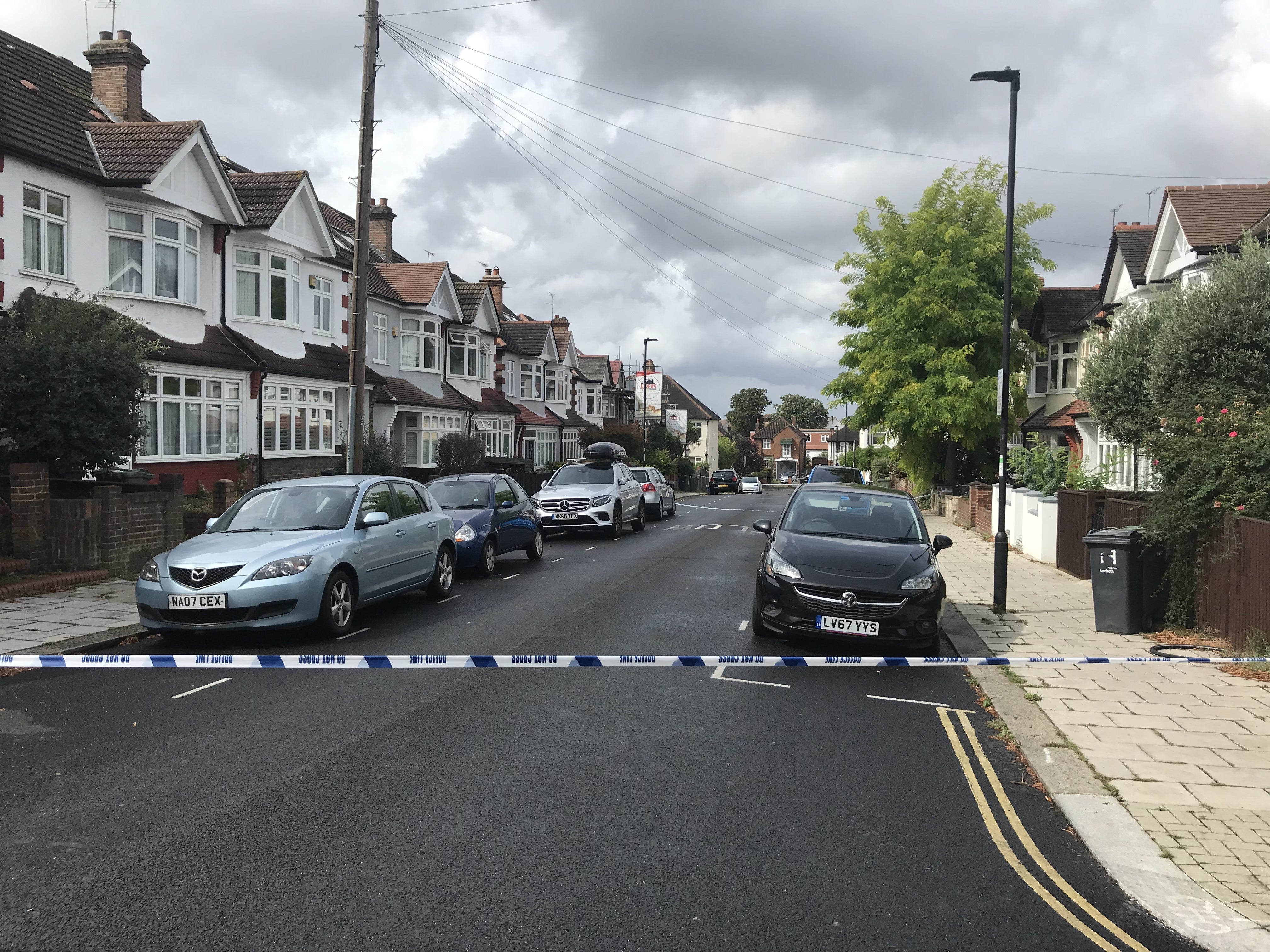Chris Kaba: Black people ‘terrified’ after fatal shooting of unarmed rapper by police
‘Tensions are high. I’m very scared about unrest,’ Streatham MP tells The Independent

Your support helps us to tell the story
From reproductive rights to climate change to Big Tech, The Independent is on the ground when the story is developing. Whether it's investigating the financials of Elon Musk's pro-Trump PAC or producing our latest documentary, 'The A Word', which shines a light on the American women fighting for reproductive rights, we know how important it is to parse out the facts from the messaging.
At such a critical moment in US history, we need reporters on the ground. Your donation allows us to keep sending journalists to speak to both sides of the story.
The Independent is trusted by Americans across the entire political spectrum. And unlike many other quality news outlets, we choose not to lock Americans out of our reporting and analysis with paywalls. We believe quality journalism should be available to everyone, paid for by those who can afford it.
Your support makes all the difference.Black communities have expressed concern over the fatal shooting of a Black man by police in London amid calls for nationwide protests.
Chris Kaba, who was due to become a father within months, died following a pursuit that ended in Streatham Hill, on Monday night.
The 24-year-old’s Audi was hemmed in by two police cars in a narrow residential street, Kirkstall Gardens, before one round was fired from a police weapon.
Following two days of minimal information from the Metropolitan Police around the circumstances behind the shooting, the police watchdog confirmed on Wednesday evening that no gun was found in Mr Kaba’s car.
The incident has sparked fear of protests amid heightening tensions within an already fraught relationship between the police and Black communities across the UK.
Mr Kaba’s family has accused the Met Police of being “totally racist” while campaigners are calling for the officers responsible for his death to face criminal charges.
Speaking to The Independent, Bell Ribeiro-Addy, MP for Streatham, said local residents were referring to the incident as an “execution” while concerns continue to mount about the Met Police’s increase in armed patrols within recent months.
“The guys in the area are referring to it as execution, the family is calling it racist - it’s all gone very badly,” she said.
“When people start using language like this and talking about ‘another murder of a Black man’ - that’s what they’re seeing it as: ‘murder’ - it creates a sense of anger and fear.

“Everyone’s really nervous about what happens next. But ultimately what happens next is going to be dictated by the information that’s communicated. The lack of information from the police, overall, has been problematic and will do nothing to help with community tensions.”
The IOPC, which is investigating the incident, said an Automatic Number Plate Recognition camera indicated the vehicle was linked to a firearms incident in the previous days, according to a statement issued by the watchdog on Wednesday.
This comes as dozens of protestors gathered outside Brixton police station in south London, shouting “we want answers, we want justice” from steps outside of the building.
The group, of about 40 people, walked to the station after meeting outside the Ritzy cinema, as part of a demonstration which had been planned for 3pm outside the cinema.
Mr Kaba’s family had requested for it to be cancelled, urging well-wishers to “ respect our wishes as Chris’ family and allow us to coordinate the various activities we expect in the coming weeks”.
“With the changes to the law around protest it is important to ensure that all gatherings are not only peaceful but also legal. Black communities are often over-policed under the misconception that we act violently, disorderly and with criminality,” a family statement issued on Thursday reads.
“This is exactly why Chris was followed by police. We do not want to give them the satisfaction of unrest in our communities or playing to these dangerous stereotypes. In our pursuit for justice we will make our voices heard loudly, clearly and with dignity.”
Describing the mood among local residents, Ms Ribeiro-Addy said: “Tensions are high. I’m very scared about unrest; we’ve already seen two impromptu protests attempted to be organised already.
“People are worried about armed patrols; If we’re starting to have more gun patrols then we need to know. At the end of the day, this is going to alter people’s behaviour. It’s going to alter mine and I haven’t done anything wrong!
“If you’re from a community that’s more likely to be stopped by the police then it’s very worrying to understand that there may be guns involved.”
Londoners have expressed concern about a perceived increase in armed police stops around the capital.
It comes after high-profile cases such as athlete Ricardo Dos Santos’ vehicle stop in August, which involved up to seven armed police officers.
The Met Police ramped up armed police patrols in 2018 and The Independent has asked the force if there have been further increases since then.

A spokesperson from Black Lives Matter UK said: “We need immediate answers about why lethal force was employed on an unarmed Black man.”
Retired Met Police superintendent Leroy Logan has called for Mr Kaba’s shooting to become the subject to a criminal investigation, conducted by another police force.
He said the UK’s criminal justice system as “loathe to convict police officers” and conceded he ”doesn’t have faith in it because of institutional racism”, but stressed “accountability” was needed.
Only one UK police officer has been convicted over the death of a Black person in 20 years: Ex-West Mercia Police PC Benjamin Monk, who unlawfully killed Dalian Atkinson by tasering him to the ground and kicking him in the head, was jailed for eight years in 2021. He was convicted of manslaughter and but not murder.

Mr Kaba is the third Black man known to have died following contact with UK police officers in the past three months.
Oladedji Omishore, 41, fell into the Thames after being Tasered on Chelsea Bridge in June, whilst he was experiencing a mental health crisis.
A 35-year-old Black man who lived in a care home died after contact with Devon and Cornwall Police in July.
Officers responded to reports of a “disturbance” at the Tregolls Manor care home in Cornwall. He then “became unwell” after being handcuffed and later died at the scene. The IOPC is currently investigating the case.
Black people in the UK are three times more likely to die following contact with the police, compared with their white counterparts, according to recent IOPC data.



Join our commenting forum
Join thought-provoking conversations, follow other Independent readers and see their replies
Comments